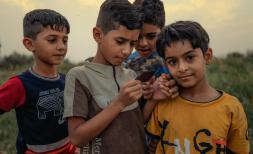Save the Children Europe statement on the COVID-19 pandemic and the post socio-economic crisis
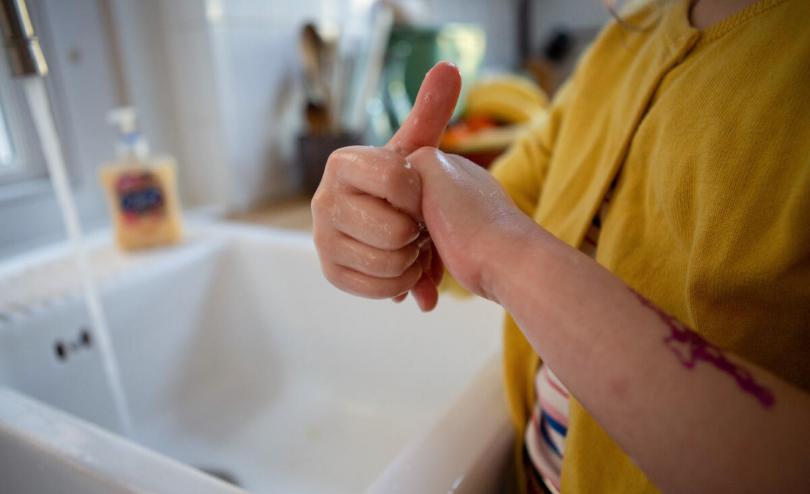
The COVID-19 pandemic and the necessary measures taken to slow its spread have had significant impact on people across the Union, particularly those in vulnerable situations including families at risk of poverty. The restrictions on the ability of businesses to operate, particularly in the retail and hospitality sectors with considerable impact on family incomes as workers have been made redundant across the Union. Unemployment has significant financial implications for vulnerable families and the EU and national governments can take a number of measures to protect families at risk of poverty in the months and years ahead.
Increased financial pressure on families:
Children in poverty often benefit from free school meals offered to them during the school day. Following the closure of schools across Europe, these children no longer have access to free meals and this can have consequent implications on their access to adequate nutrition. This can be exacerbated further if parental income has been reduced to do redundancy or reduced working hours. Social welfare systems need to adapt to this reality and governments must urgently consider options to provide material assistance to these vulnerable families.
The crisis has also highlighted the importance of housing as vulnerable populations without access to housing or living in crowded accommodation find it more difficult to socially distance, self-isolate or quarantine themselves. This includes homeless families living in emergency accommodation, on the streets, or with relatives. It also includes asylum seekers living in reception and accommodation centres, and migrants in detention centres. There is also widespread stress on rents which could result in evictions of the most vulnerable families unless preventative measures are introduced.
What EU Member States can do:
1. Provide extra resources for social welfare systems:
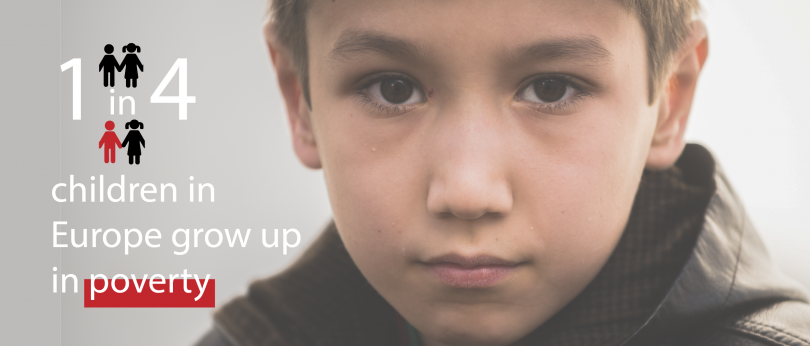
EU Member States need to direct extra financial resources to support their social welfare systems to ensure that they can cope with the increased level of demand. Given the significant rise in unemployment it is not tenable to continue to apply the previous assessment procedures with their consequent waiting times. Families cannot wait and those made redundant due to the coronavirus need to receive emergency payments to enable them to survive and meet their financial commitments in the weeks and months ahead.
In addition, Governments should pledge to support businesses who keep their employees on the books during periods of closure or reduced turnover by subsiding their wages for a temporary period of time. For example, the Governments of Denmark and Ireland have pledged to cover 75% of the wages of workers retained by employers who have seen significant reductions in their turnover. Much of this unemployment is likely to be temporary given that it results from the temporary closure of businesses and restrictions on the ability of the labour force to go to work, rather than any underlying structural issues in the economy.
On 2 April, the European Commission announced that the unspent European Structural and Investment Funds from the 2014-2020 funding period will be redirected to the COVID-19 response. This is an important opportunity to ensure that unspent EU funding is directed towards supporting children and their families that have been affected by the COVID-19 pandemic. Civil society should be meaningfully consulted in the redirection of EU funding and should also benefit from this funding in order to continue running programmes that serve the most vulnerable.
2. Adopt a Council Recommendation on the Child Guarantee:
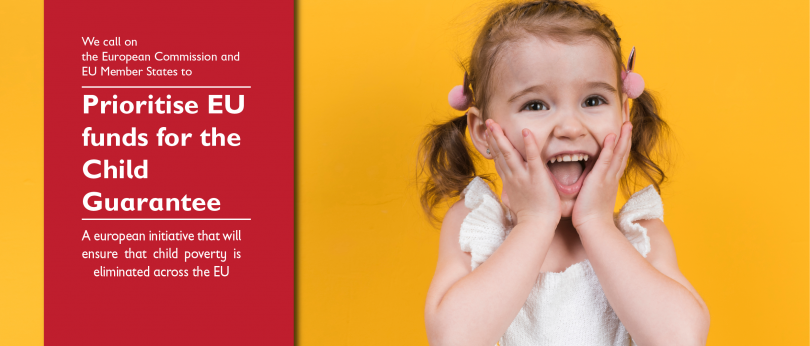
The sudden economic crisis caused by the COVID-19 pandemic underlines the importance of the Chid Guarantee[1]. The Child Guarantee is an opportunity to reinforce the 2013 Council Recommendation on Investing in Children and build upon the three pillar approach which called on Member States to ensure access to adequate resources and benefits, and affordable, quality and inclusive services, while facilitating children’s right to participate in decisions affecting their lives.
The Child Guarantee can help ensure the access of all children in the EU to free education, free healthcare, adequate nutrition and decent housing. In particular, the need for free healthcare has been especially highlighted during the coronavirus crisis as we see EU Member States which have mixed models of healthcare provision move towards fully public systems, at least temporarily. This coronavirus crisis underlines the need from a public health perspective for vulnerable people displaying symptoms to be able to access treatment regardless of their financial means. This public health crisis has also highlighted the inequality of access to housing and nutrition for many vulnerable families. The Child Guarantee can play a crucial role in the years ahead by increasing access to these key social rights for vulnerable families which can help protect these children from future public health crises or future recessions.
3. Place poverty eradication at the heart of the next EU Budget:
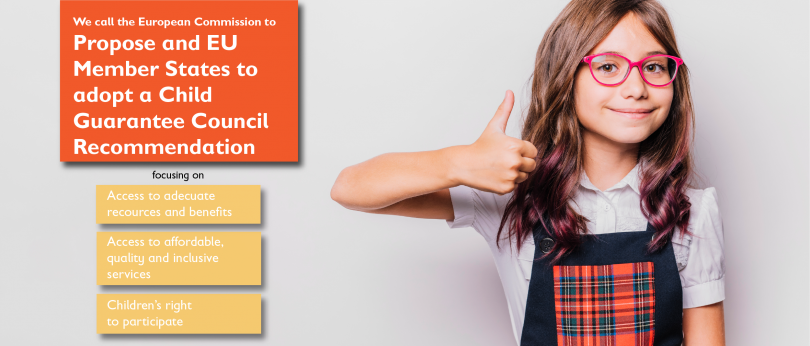
The crisis has also highlighted the importance of the EU’s new long-term budget, the Multiannual Financial Framework (MFF) 2021-27 providing adequate support for children and families at risk of poverty. Given the increased requirement for public spending and state intervention combined with the necessary reduction in economic activity, the risk of a Union-wide recession has increased. We must learn the lessons of the last economic crisis and ensure that the most vulnerable in society do not pay the price. The European Social Fund+ (ESF+) should provide a specific financial resource for the reduction of child poverty and social exclusion. The European Parliament has proposed the increase of the ESF+ by 5,9 billion for the implementation of the European Child Guarantee. The European Commission in its renewed proposal must take into account the European Parliament’s proposal and propose an increased ESF+ that will also accommodate the European Child Guarantee. EU Member States should adopt the European Parliament’s position and earmark 5% of Member States’ ESF+ spending to tackle child poverty and social exclusion through the Child Guarantee. In addition, at least 27% of the ESF+ should be directed to the reduction of social exclusion across the EU and 3% to be earmarked to support the most deprived.
To support Save the Children’s global COVID-19 emergency appeal, click here.
NOTES TO EDITORS
- To protect a generation of children from the devastating effects of the COVID-19 outbreak, Save the Children has launched its Agenda for Action – a five point plan for a coordinated community, national and global action on five fronts to avert a catastrophe that could affect the lives of millions of children.
[1] Proposal for a Council Recommendation on the Child Guarantee, EU Alliance for Investing in Children, March 2020: http://www.alliance4investinginchildren.eu/proposal-for-a-council-recommendation-on-the-child-guarantee-for-the-wellbeing-of-all-children-across-the-eu/


